Feb. 25 election aftermath: IReV as INEC’s drawback?
[ad_1]
ISSUES over the conduct and the aftermath of the February 25 presidential poll is generating another round of controversy days after the election writes KUNLE ODEREMI.
The world is waiting anxiously on the outcome of the presidential election held in Nigeria on February 25. Preliminary reports of mostly the teams of international observers accentuate the suspense five days after the election expected to produce who governs the most populous Black country in the world. The account given so far by the election monitors despatched by the European Union (EU) and the Commonwealth for the poll is a mixed grill of the good, the bad and the ugly. The reflections of the National Peace Committee under the leadership of a former Head of State, general Abdusalami Abubakar are also instructive on the conduct of the poll, as it has called for restraint and calm in the midst of bated breadth across board. Flak trailed some reservations expressed by former President Olusegun Obasanjo on what he perceived as ‘error’ in the election and the attendant suspense in the land.
Prior to February 25, there was serious tension across the country due to the temperament of the major political actors and their foot soldiers in the buildup to the poll. The level of political intolerance on display despite the signing of peace accords at state and national levels threatened the fragile peace across the country. The crisis engendered by disruption in the petrol supply chain, coupled with the general dislocation arising from redesigning of denominations of the national currency, the naira, compounded the pervasive cloud of uncertainty and fear. But the election became an anti-climax in most parts of Nigeria with only pockets of violence and irregularities in comparative terms to past national elections. With most of the electorate exhibiting comportment and a burning desire to exercise their franchise, they were undaunted by the manifestation of obvious inadequacies on the part of the Independent National Electoral Commission (INEC) in the course of the election, late arrival of personnel and materials for the election, ineffectual Bimodal Voter Verification System (BVAS) machine in a number of places, among other hitches, culminating into delayed voting.
BVAS had been described by some stakeholders in the electoral system as a potential game changer. INEC had consistently asserted that the innovation, among the different modern technology to enhance the integrity of the nation’s electoral process would drastically reduce or eliminate most of the irregularities that have marred elections in the country. The commission had also said the innovation, IReV portal, would further rev the engine and raise the bar on electoral process. Having deployed those innovations to test in some off-seasons elections, INEC had instilled a measure of confidence in most Nigerians of a new dawn in the conduct of elections in the country. Issues pertaining to the deployment of the innovations and technology in the conduct of the presidential and the National Assembly elections persist, with the ruling All Progressives Congress (APC) and the main opposition Peoples Democratic Party (PDP) locked in a fratricidal war. Each side has a number of the other 16 political parties that fielded candidates in the election in their camp.
With no visible sign of a possible compromise among the parties on the lethargy of IReV, INEC said it was having technical issues but with ongoing efforts to fix it by experts, the ground for a barrage of litigation at post-election period. The action or inaction of the commission may have in a way fertilized the path for the gamut of legal actions as the date for formal change of guard in the Presidential Villa nears. There is no consensus among lawyers on the enforceability of IReV under the law. While some argue that the Electoral Act empowers INEC to deploy BVAS and complement it with IReV, others say INEC can only exercise a discretional power on IReV.
For the Labour Party (LP) and the African Democratic Congress (ADC), the battle over the process of the election and its aftermath has just begun. The leadership of parties believe that there is a deliberate plan to ambush the electorate and indeed the electoral process. They said that on February 25, Nigerians trooped out to cast their votes with the hope of a seamless process in place but that they were left in utter doubt and disappointment at polling units as the results were not electronically transmitted to the INEC server as was expected by all stakeholders in this election. According to the party leaders, “In cases where they tried to upload the results, INEC officials assigned to polling units could not do so. In some cases, they revealed that they had directives from their superiors to not upload the results. In some cases, they said that the password for them to access the INEC server had been changed.”
The parties had failed to forge a united front prior to the election. Initial speculations that the PDP, LP, ADC, NNPP and others planned various alliances were swiftly denied by their leaders. They had resolved to coalesce into a group for the fight to the finish. Thus, they have declared: “We also recall that the initial explanation by INEC for the delay was on account of glitches on the INEC server.Neither did INEC explain to the nation what the nature of those glitches was nor did the commission avail the country or even agents at the polling units that it will not be uploading the results generated at the polling units to the server when it resolves those glitches. We are, therefore, constrained on this development to state that INEC compromised the integrity of this election even before collation began at the PUs.
“Section 60 sub-section 5 of the Electoral Act states that: the presiding officer shall transfer the results, including total number of accredited voters and the result of the ballot in a manner as prescribed by the commission. The failure to comply with the provisions of the electoral act and the guidelines, makes it imperative that all results recently uploaded to the I-REV portal be audited before they are announced. It was on the strength of this provision in our Electoral Act that the Independent National Electoral Commission (INEC) introduced the BVAS technology to the country. The expectation of the majority of Nigerians was that INEC was going to conduct the 2023 election in compliance with both the Electoral Act and its own guidelines. Unfortunately, INEC recapitulated on that promise and conducted the election with the usual crude standard that predates the introduction of the BVAS machine.”
With the demand by the opposition parties for the INEC chairman, Professor Mahmood Yakubu to step aside over the raging controversies concerning the conduct of the election, the stage appears set for more cacophonies. It is yet another season and momentum of epic political battle, especially on constitutional and legal issues on democratic process in the country.
As the first phase of battle of wits over last Saturday’s poll ebbs, the wait for the second stanza cannot be too long. Some interested parties in the imbroglio over the simmering issues over INEC, BVAS and IReV in conduct of the election have since gone back to the drawing board to decide on their next line of action. Some have even sent signals about their intention to go to court over the issues and other matters.
READ ALSO FROM NIGERIAN TRIBUNE
[ad_2]

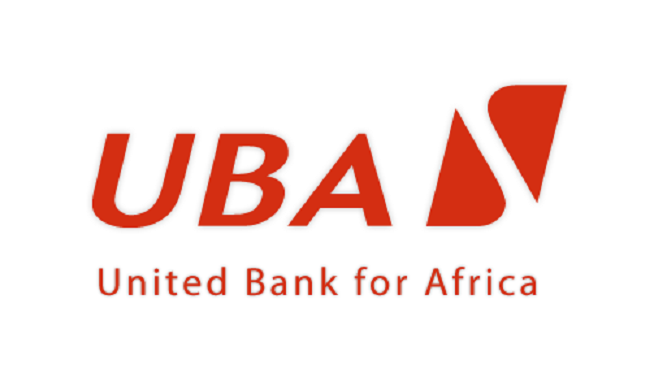
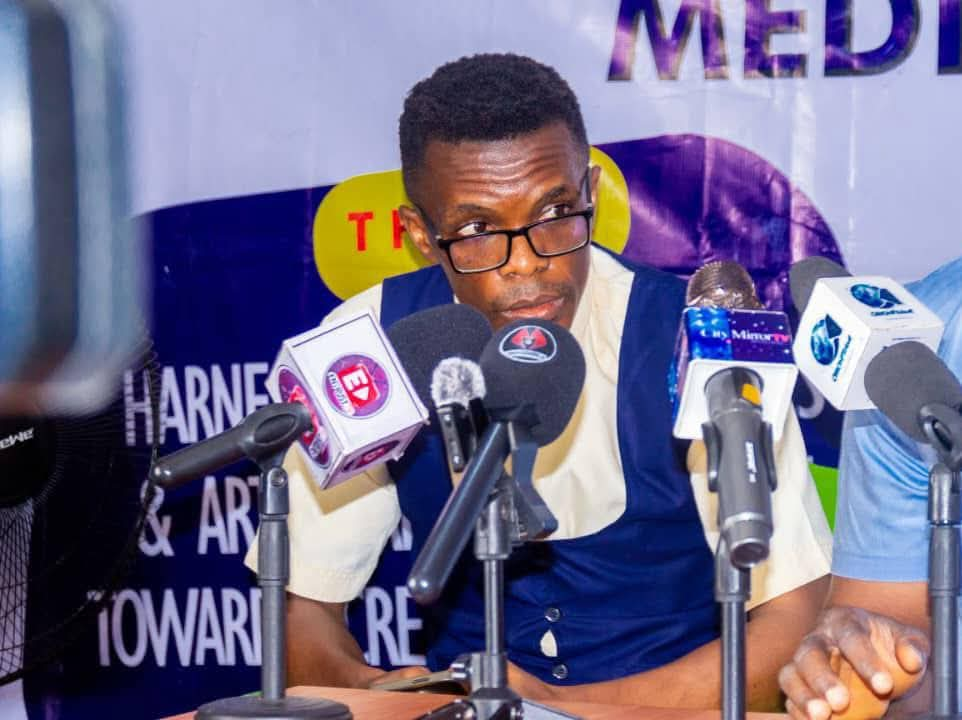

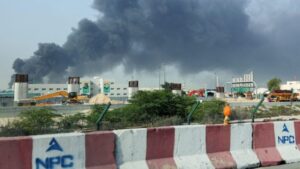
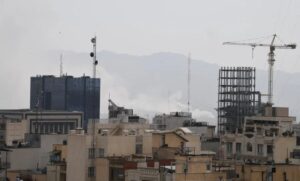
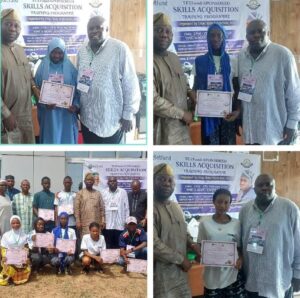
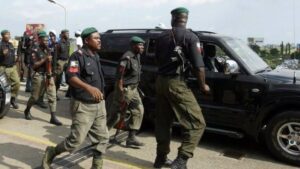


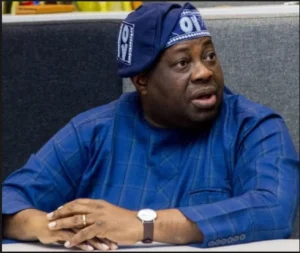
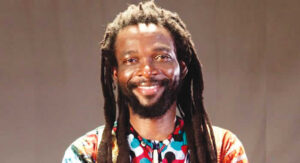
Post Comment